Singaporean Prime Minister Lee Hsien Loong and his wife have just paid an official visit to Vietnam at the invitation of Prime Minister Pham Minh Chinh (August 27-29). This is the fifth time Mr. Lee Hsien Loong has visited Vietnam as Prime Minister, demonstrating the closeness and connection between Singapore as well as the Prime Minister himself and Vietnam.
Immediately after the Paris Agreement on restoring peace in Vietnam was signed (January 1973), Singapore was one of the first countries to establish diplomatic relations with the Democratic Republic of Vietnam (now the Socialist Republic of Vietnam) on August 1, 1973. More specifically, Singapore is one of the first countries in the Association of Southeast Asian Nations (ASEAN) with which Vietnam established a strategic partnership 10 years ago (September 2013).
The Vietnam - Singapore Strategic Partnership has been nurtured by many generations of leaders and people of the two countries. Visits by high-ranking leaders always create a strong impetus for enhancing political trust, expanding and deepening cooperation between the two countries in many fields. The two countries are currently each other's leading important partners in many fields, from trade and investment to diplomacy, security and defense. Notably, economic, trade and investment cooperation is an important pillar and driving force in the Vietnam - Singapore relationship.
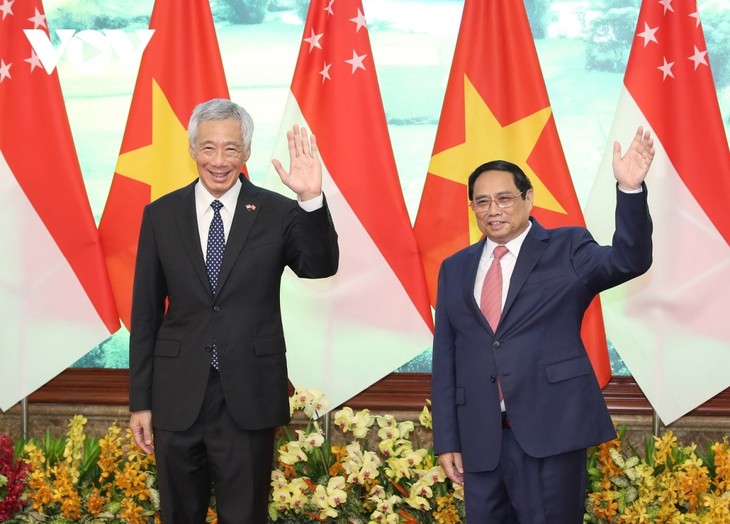 |
Prime Minister Pham Minh Chinh and Singaporean Prime Minister Lee Hsien Loong take a photo together.
Photo: Internet
With two-way trade turnover tripling over the past 25 years, from more than US$3 billion in 1997 to more than US$9 billion last year, Singapore is Vietnam's fourth largest trading partner in the Association of Southeast Asian Nations (ASEAN).
In the last three years alone, Singapore has consistently been the largest investment partner and has participated in most of Vietnam’s economic sectors and fields. From the first Vietnam-Singapore Industrial Park (VSIP) launched in 1996 in Binh Duong, to date, Vietnam is the country where Singapore has built the most industrial parks in the world (in 10 provinces and cities), attracting more than 17 billion USD in investment capital and about 900 projects, creating jobs for nearly 300,000 workers.
Mr. Vu Viet Ngoan, Chairman of the Vietnam - Singapore Friendship Association, said: A common investment framework has been established between Vietnam and Singapore, which is a symbol of the economic relationship between Vietnam and Singapore. That is VSIP industrial park investment and currently there are 14 VSIP industrial parks in Vietnam and are continuing to expand. This is a very effective and successful investment method.
Prime Minister Lee Hsien Loong's visit to Vietnam is part of a series of events organized by the two sides to celebrate the 50th anniversary of diplomatic relations and the 10th anniversary of the Strategic Partnership. The presence of the head of the Singaporean Government in Hanoi is in return for Prime Minister Pham Minh Chinh's visit to the Lion Island last February, opening up many prospects for bilateral cooperation, especially in the fields of green economy and digital economy.
In addition, this visit of Mr. Lee Hsien Loong contributes to enhancing strategic trust between the leaders of the two countries, at the same time realizing existing agreements and signing new agreements, especially in economic cooperation and fields such as: digital transformation, digital economy, clean energy and renewable energy.
Singaporean Ambassador to Vietnam Jaya Ratnam said: 2023 is very important for Vietnam-Singapore bilateral relations, as the two countries celebrate 50 years of diplomatic relations and 10 years of Strategic Partnership.
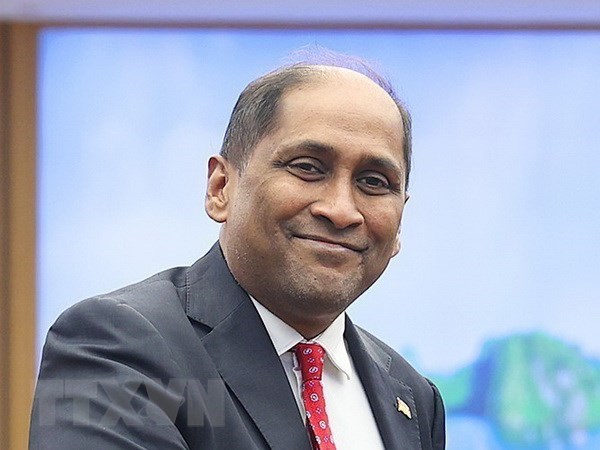
Singaporean Ambassador to Vietnam Jaya Ratnam. (Photo: Duong Giang/VNA)
Therefore, Prime Minister Lee Hsien Loong’s visit to Vietnam this time takes place at a very important time in the relationship between the two countries. This is an opportunity not only for both sides to look back on the past, but also to jointly seek and set an agenda for the future. There, both sides will make joint efforts to address common challenges, including digital transformation and climate change, which are areas in which the two countries can cooperate and support each other.



![[Photo] Prime Minister Pham Minh Chinh receives Swedish Minister of International Development Cooperation and Foreign Trade](https://vphoto.vietnam.vn/thumb/1200x675/vietnam/resource/IMAGE/2025/5/12/ae50d0bb57584fd1bbe1cd77d9ad6d97)
![[Photo] Prime Minister Pham Minh Chinh starts construction of vital highway through Thai Binh and Nam Dinh](https://vphoto.vietnam.vn/thumb/1200x675/vietnam/resource/IMAGE/2025/5/12/52d98584ccea4c8dbf7c7f7484433af5)
![[Photo] Prime Minister Pham Minh Chinh works with the Standing Committee of Thai Binh Provincial Party Committee](https://vphoto.vietnam.vn/thumb/1200x675/vietnam/resource/IMAGE/2025/5/12/f514ab990c544e05a446f77bba59c7d1)


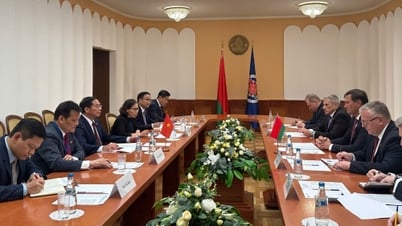
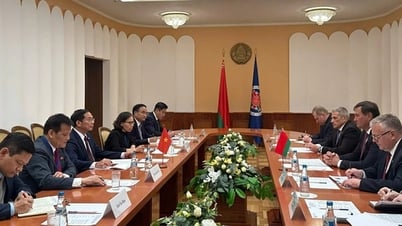
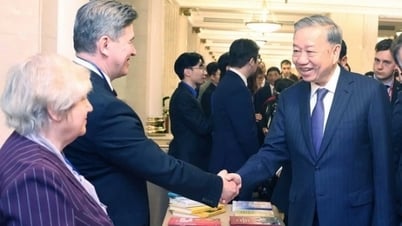
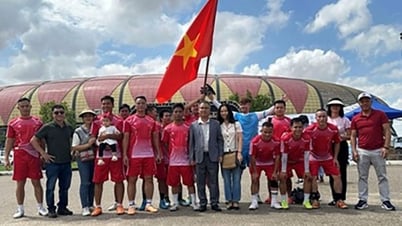
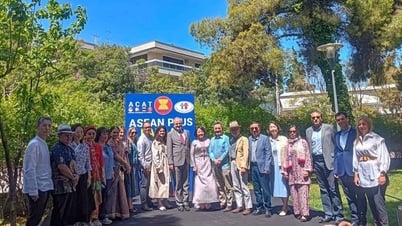





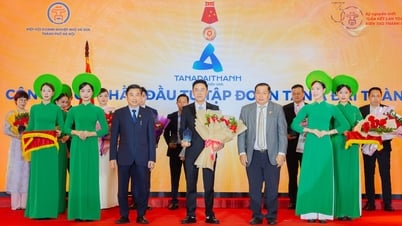
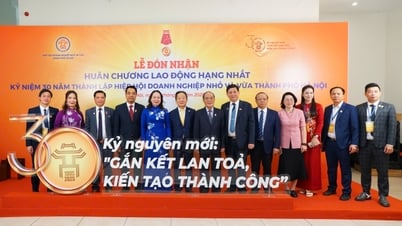


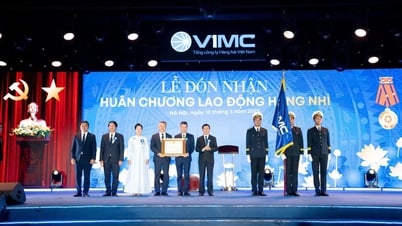






















































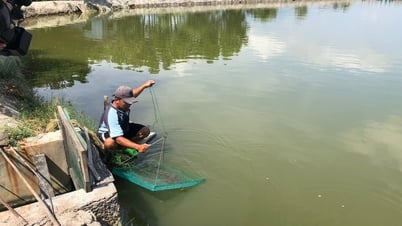


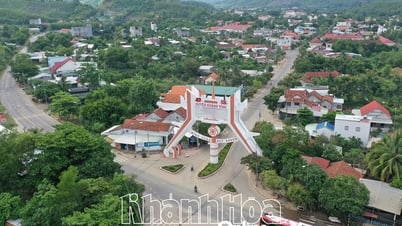











Comment (0)